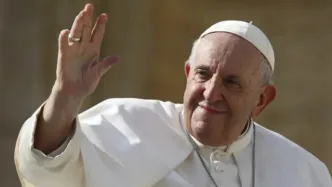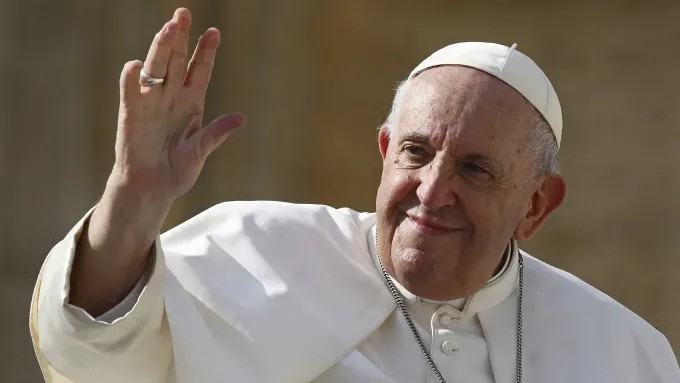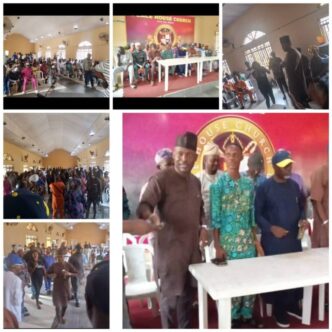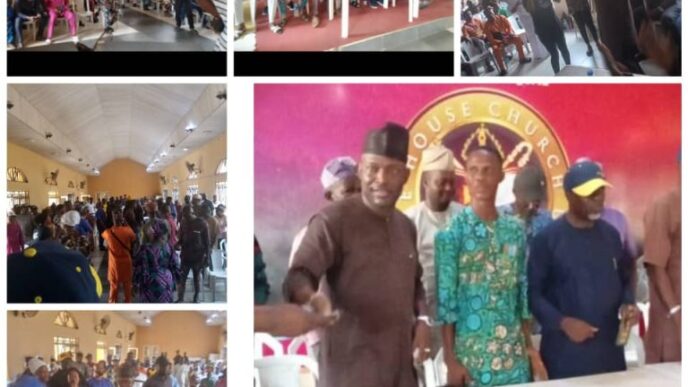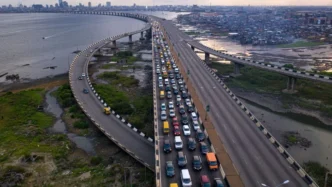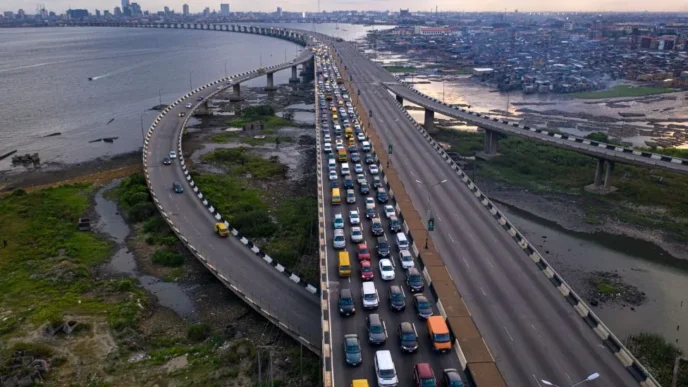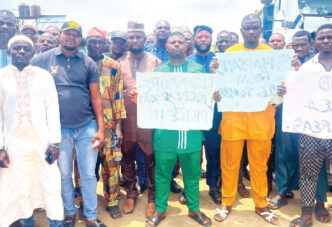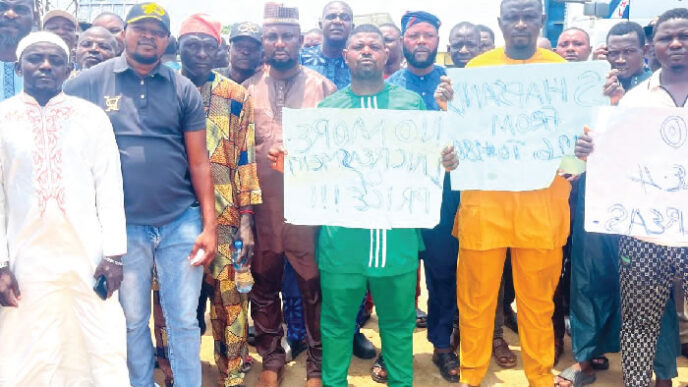The world is mourning the death of Pope Francis, spiritual leader of more than 1.4 billion Catholics, who passed away on Monday morning at the age of 88.
EpeInsights reports that the Vatican confirmed his passing in a statement issued by Cardinal Kevin Farrell, who said the pontiff “returned to the house of the Father” at 7:35am.
“His entire life was dedicated to the service of the Lord and His Church,” Farrell said, describing the Pope as a beacon of love, humility, and compassion—especially to the poor and marginalised.
Pope Francis, born Jorge Mario Bergoglio in Buenos Aires, Argentina, made history in 2013 when he became the first pope from South America—and the first Jesuit pope.
His papacy was marked by an unwavering focus on humility, interfaith dialogue, social justice, and care for the environment.
Known as the “People’s Pope,” he reached across divides religious, political, and cultural with messages of unity and love.
In 2016, he famously washed the feet of refugees of various faiths during Holy Week. His landmark encyclicals tackled climate change, inequality, and the moral imperative to care for the planet.
His openness toward the LGBTQ+ community was also historic. His 2013 comment—“Who am I to judge?”—sent ripples across global religious communities.
In recent years, Pope Francis had struggled with recurring health problems.
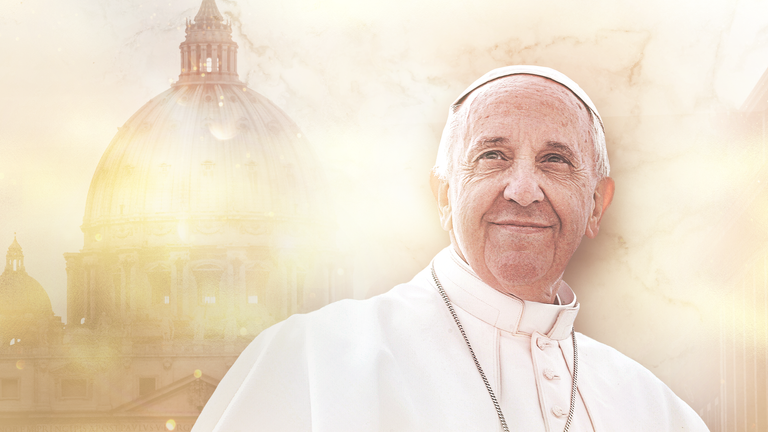
In February 2025, he was hospitalised with bronchitis and later diagnosed with bilateral pneumonia and kidney issues. Despite these setbacks, he continued to connect with the faithful, even delivering a message from his hospital bed in March.
He made a public appearance on Easter Sunday, waving to crowds just one day after meeting U.S. Vice President JD Vance.
But by late March, he was placed on a long period of rest, with doctors saying his condition remained “complex.”
Throughout his papacy, Francis was a reformer who balanced deep respect for Catholic tradition with calls for modernization.
He supported greater inclusion in the Church and voiced strong opposition to corruption and clerical abuse.
Yet, his views also sparked debate particularly his reaffirmation of the Church’s stance on surrogacy, gender reassignment, and euthanasia in 2024.
Still, he remained one of the most beloved global religious figures of the 21st century.
With his passing, attention now turns to the conclave, the traditional process through which cardinals elect a new pope. The process is expected to begin in the coming weeks.
As mourners gather in St. Peter’s Square, the Vatican has begun preparations for what will likely be one of the most attended papal funerals in modern history.
Pope Francis’ death marks the end of a remarkable era—one defined by humility, courage, and a global mission for peace and justice.
